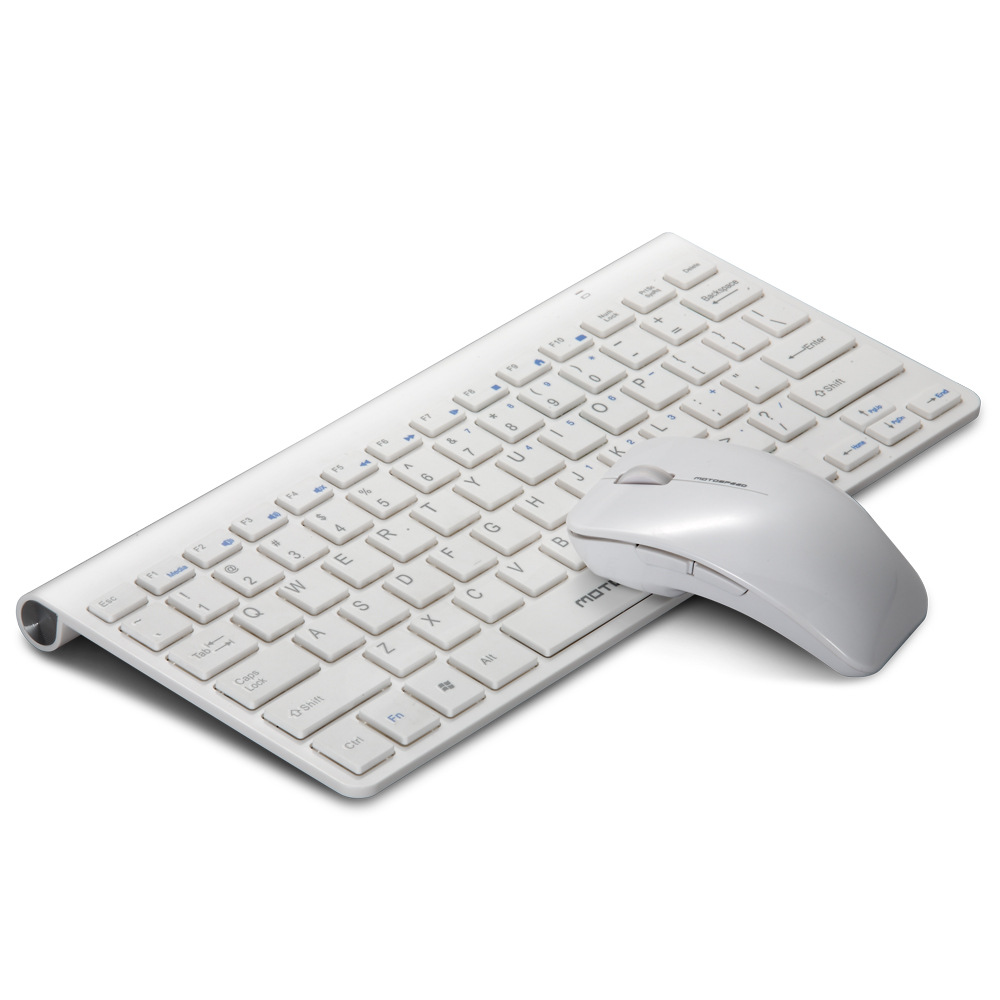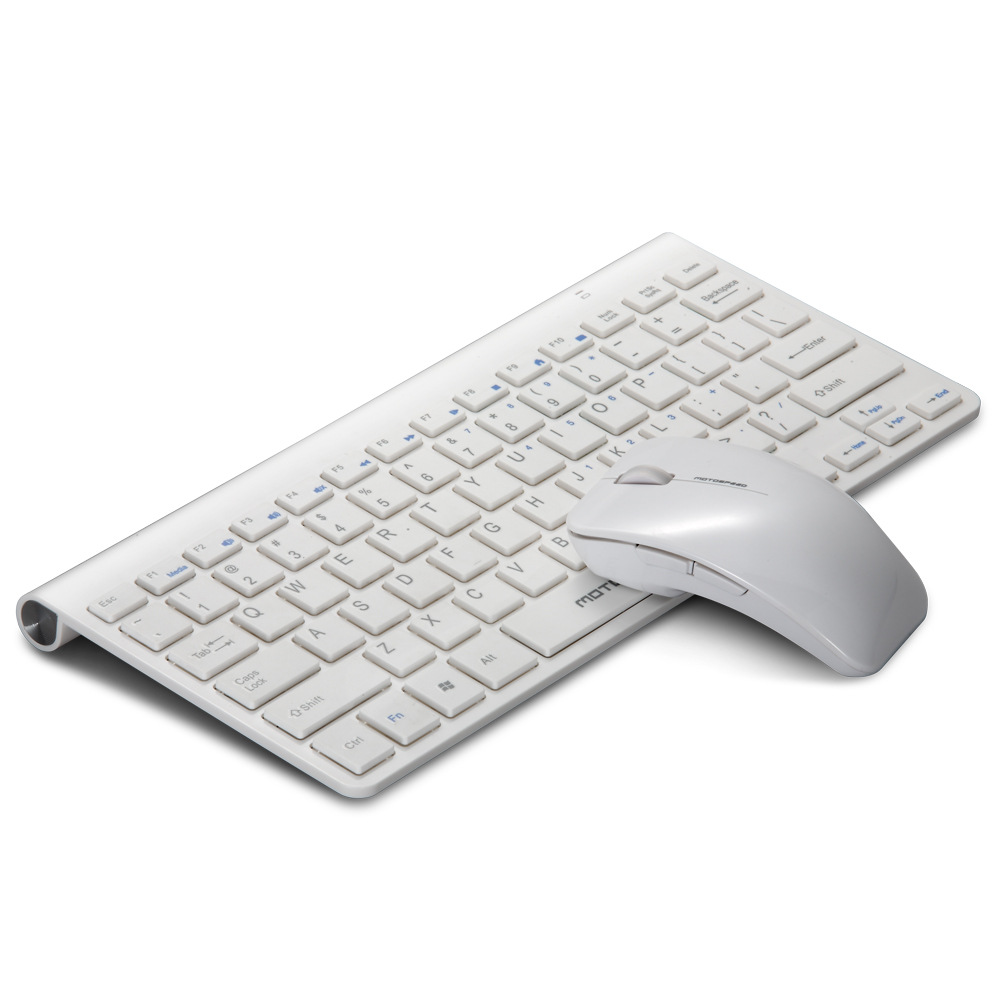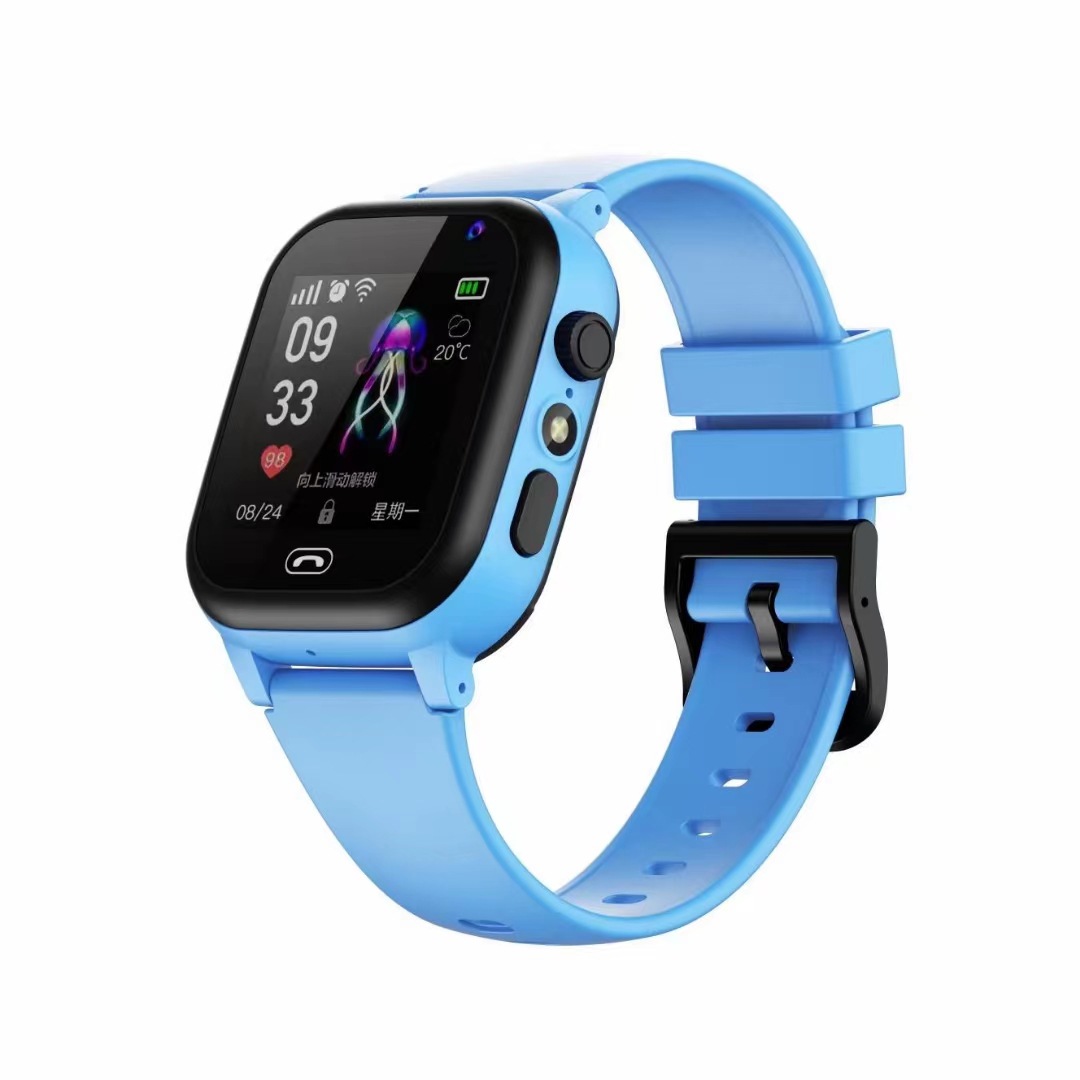
basic introduction
In Japan, toys for children under the age of 6 and products that can be placed in the mouth must be complied with the requirements of the Japan Food Hygiene Law (JSFL) to ensure product safety. Toy manufacturers, retailers or importers who want to enter the Japanese market must prove compliance with the Japan Food Hygiene Law (JFSL) and obtain an official testing laboratory certification from the Ministry of Health, Labour and Welfare (MHLW).
ZRLK is an independent third-party testing laboratory, widely recognized worldwide, and is recognized by the Ministry of Health, Labour and Welfare (MHLW) of Japan
The official laboratory can provide comprehensive testing and certification services in accordance with the Japan Food Hygiene Law (JSFL). The test report issued by ZRLK is approved by Japan Customs and Japan Quarantine Station.
ST Standard-ST Mark Program
The Japan Toy Safety Standard (ST Standard) was developed by the Japan Toy Association (JTA) and provides additional safety protection for toy manufacturers, retailers and customers who intend to play with children under the age of 14 through the ST Mark Program. STC has also been recognized and approved by JTA's designated overseas testing laboratory in Hong Kong:
Article 11-Basic Principles of Toy Safety Standards and Toy Safety Marks Program,
Test Category: Toy Safety Standard Part 3-Chemical Properties
Part III-Chemical properties include
Evaporation residue
formaldehyde
Heavy metals
Pigment migration
phenol
Potassium permanganate consumption
Phthalates (BBP, DBP, DEHP, DIDP, DINP&DNOP)


Wireless keyboard TELEC certification is a mandatory certification in Japan for wireless transmission equipment, with the full name being Technical Standards Conformity. This certification is implemented in accordance with Japan\'s Radio Law, aiming to ensure that wireless keyboards and other wireless devices comply with the technical standards and regulatory requirements of the Japanese market.

If a company is planning to export wireless keyboards to Canada, then ISEDIC certification is definitely a key focus you need to pay attention to! ISEDIC certification is a mandatory requirement of Industry Canada for wireless devices, and products that have not been certified will not be able to enter the Canadian market.

The TELEC certification for children\'s watches is a necessary condition for this product to enter the Japanese market. TELEC (Telecom Engineering Center) certification is a mandatory certification for wireless equipment in Japan, aimed at ensuring that the equipment complies with Japanese radio regulations.
In Japan, toys for children under the age of 6 and products that can be placed in the mouth must be complied with the requirements of the Japan Food Hygiene Law (JSFL) to ensure product safety.
Get a quote